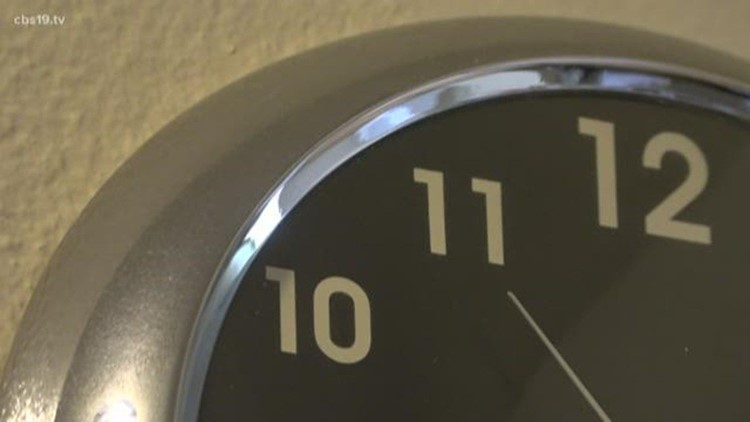Research shows a 24 percent jump in the number of heart attacks occurring the Monday after we “spring forward” for Daylight Saving Time compared with other Mondays throughout the year.
According to a study led by the University of Michigan Frankel Cardiovascular Center, that lost hour of sleep may play a bigger, perhaps more dangerous role in our body’s natural rhythm.
Although researchers can’t say precisely what is driving this rise in heart attacks, they have a theory.
The reason more heart attacks happen on Monday mornings could be attributed to several factors, including the stress of starting a new workweek and inherent changes in our sleep-wake cycle. Previous studies have linked poor or insufficient sleep with heart disease.
With Daylight Saving Time, all of this is compounded by one less hour of sleep.
The hospitals included in the study admitted an average of 31 patients having a heart attack on any given Monday.
But, the Monday immediately after springing ahead, there were an average of eight additional heart attacks. Cardiac events tapered off over the other days of that week.
Perhaps more telling, researchers found a 21 percent drop in the number of heart attacks the Tuesday after returning to standard time in the fall, when we gain an hour back.
EDITOR'S NOTE: The study has limitations. For example, it was restricted to one state and heart attacks requiring treatment such as angioplasty, therefore excluding patients who died before they got to the hospital or received help.



